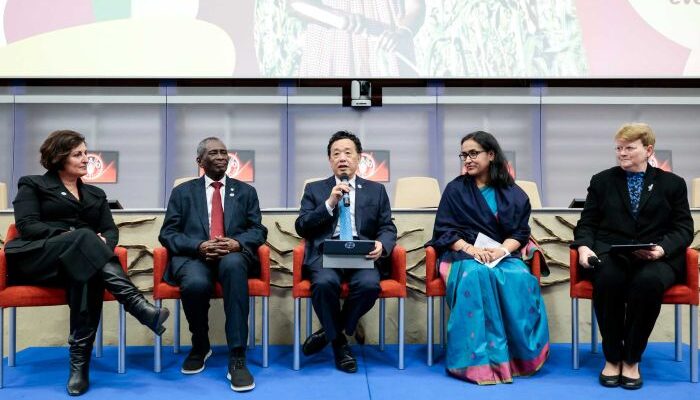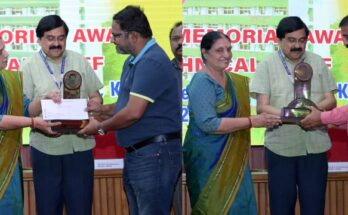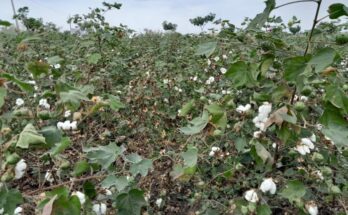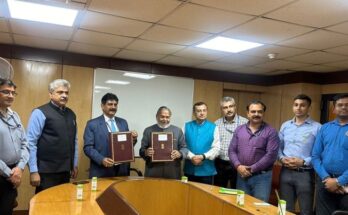The International Crops Research Institute for the Semi-Arid Tropics (ICRISAT) joined the Food and Agriculture Organization (FAO) and the global community in officially concluding the International Year of Millets (IYM2023) on 29 March 2024.
The high-level event, which took place at the FAO headquarters in Rome, featured keynote addresses, panel discussions, and interactive spaces aimed at commemorating the significant strides made during the international year in promoting the cultivation, consumption, and appreciation of millets worldwide.
Through over 100 events held in 35 countries, IYM2023 was successful in illuminating the resilience, nutritional prowess, and environmental benefits of millets. Stakeholders from governments, international organisations, farmers, researchers, and consumers came together to advocate for sustainable millet production and consumption, amplifying the messages on millet’s critical role in achieving the Sustainable Development Goals (SDGs).
You may also like to read: Agri biotechnology holds great potential to address food security, environmental sustainability and climate change
Dr Jacqueline d’Arros Hughes, Director General of ICRISAT, remarked, “At ICRISAT, we are proud to have been part of this monumental initiative that has brought millets to the forefront of global discourse. The International Year of Millets has had a profound impact on the worldwide understanding and appreciation of millets and has sparked meaningful collaborations and innovations aimed at harnessing the full potential of these remarkable grains.”
In her keynote address at the IYM2023 closing ceremony, Dr Hughes asserted that the culmination event did not mark an end but rather a new beginning—a chapter characterised by collective action and steadfast commitment to furthering the millet agenda.
Dr Hughes highlighted the recently held Global South Millet Convening in Dubai from March 25-26, as an example, which brought together leaders, policymakers, and representatives from leading millet-producing countries and international organisations to devise strategies for deeper cooperation and to explore the development of Centres-of-Excellence for Millets.
You may also like to read: Findings from Murdoch’s Food Futures Institute reveal potential for peanut crop improvement
“We are confident that we possess both the opportunities and strategies necessary to confront the challenges that lie ahead beyond the International Year of Millets. Challenges such as climate change and malnutrition, although formidable, can be transformed into opportunities,” said, Dr Rebbie Harawa, Director of ICRISAT’s Africa Program, who delivered her keynote presentation virtually from Nairobi, Kenya.
“Millets exhibit remarkable resilience in the face of adverse climate conditions, unlike many conventional crops, and boast a rich nutritional profile. Therefore, by leveraging these attributes, we can turn challenges into opportunities for advancement,” Dr Harawa shared.
Speaking on the way forward, Dr Hughes underscored the importance of market demand in driving the widespread adoption of millets, emphasising the conservation of genetic resources, sustainable production practices, consumption promotion, research, and knowledge exchange as priority areas.
You may also like to read: ICAR, Dhanuka Agritech sign MoU to strengthen research and extension activities
In her closing remarks, DG ICRISAT urged all present to build on the foundations of the international year and carry forth its spirit of collaboration and advocacy.
“It is within our reach to harness the full potential of millets, to nourish our planet and its people, and to cultivate a future defined by resilience, sustainability, and shared prosperity.”
Dr Hughes delivered remarks alongside Qu Dongyu, FAO Director-General; Maninder Kaur Dwivedi, Additional Secretary of India’s Department of Agriculture and Farmers Welfare; Yaya Adisa Olaitan Olaniran, Minister and Permanent Representative of the Federal Republic of Nigeria to FAO; and Beth Bechdol, FAO Deputy-Director General.





